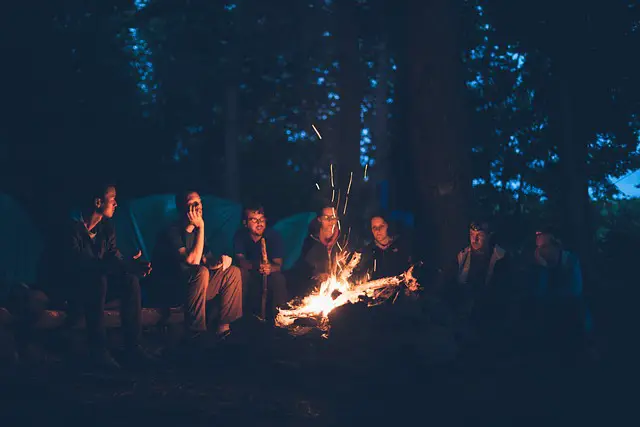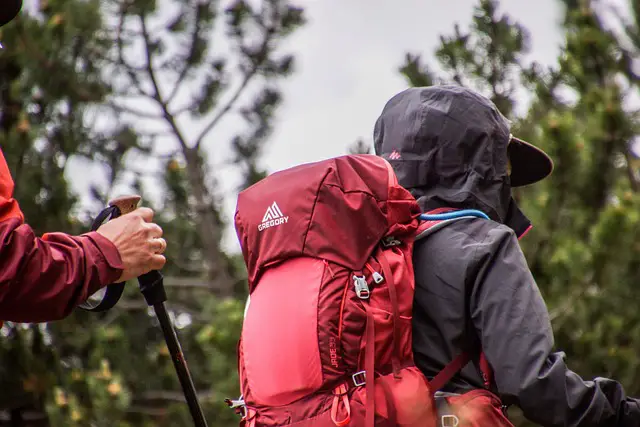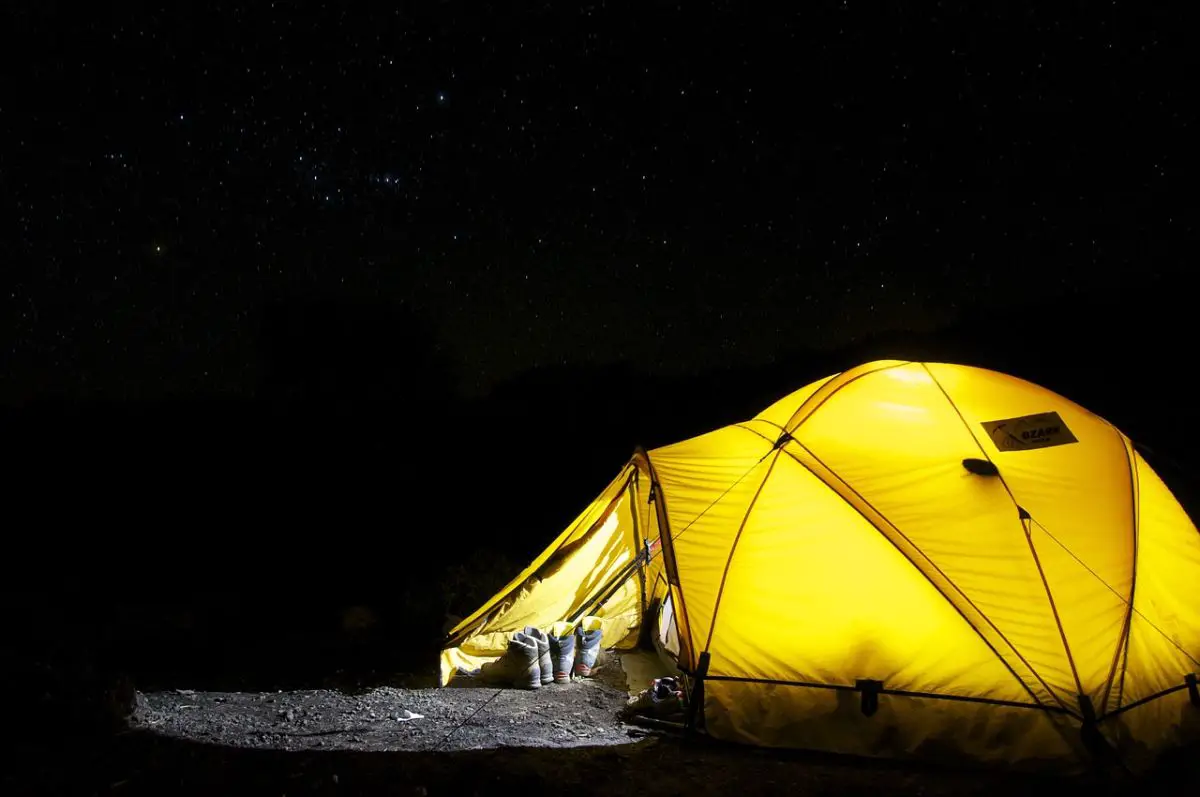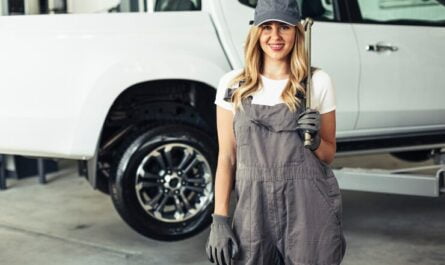Camping is one of the most enjoyable outdoor activities especially when equipped with the right gear. From camping essentials like a tent and sleeping bag to comfort items like chairs and campfires, your camping experience can be significantly enhanced by bringing the best gear for your needs. Here is critical gear, such as men’s lifestyle sneakers, to bring on a camping trip to have an enjoyable time in nature. Here are critical gear to bring on a camping trip to have an enjoyable time in nature.
Camping Trip Checklist
1. Portable Power Station
You don’t want to be without power for your essential devices when out in the wild. A portable power station can provide backup electricity when your campground doesn’t have an outlet, allowing you to charge phones, cameras, and other electronics. Look for a model with plenty of outlets and USB ports to charge multiple items simultaneously.
You may also want to bring along a solar panel or USB charger to have reliable access to electricity during your trip. The solar panel will collect energy from the sun and store it in an internal battery that you can use to charge your devices. The USB charger will allow you to plug in your devices and charge them directly without relying on a power station. The decision between a power station, solar panel, or USB charger will depend on your needs.
2. Camping Tent
” class=”wp-image-40090″/>
You cannot go camping without a tent! A good tent will keep you dry and warm, so be sure to find one that is appropriate for your camping type. If it’s cold out, ensure your tent is made of insulated fabric to keep in the heat. For extreme weather conditions (such as snow or wind), look for a four-season tent that’s designed to stand up against harsh elements.
You should also consider the size of your tent. If you’re camping with a large group, bring a big enough tent so everyone can fit comfortably. For solo campers, look for a smaller, lighter model that’s easy to transport and set up. Depending on your camping, you may also want to bring an additional shelter, like a tarp or hammock, for extra protection against the elements. A tarp is great for setting up a shady spot in the sun or keeping your campsite dry during light rain showers.
3. Sleeping Bag
A good sleeping bag can make all the difference when getting restful sleep outdoors. Look for one with an appropriate temperature rating for the season and location you’re camping in. If you are camping in cold temperatures, get a winter-rated sleeping bag designed to keep you warm in below-freezing weather.
You should also consider the shape of the sleeping bag. If you plan on backpacking during your trip, look for a mummy-style sleeping bag with an ergonomic fit and is designed to be lightweight and compact. You can also opt for a rectangular sleeping bag if you’ll be sleeping in campgrounds and don’t mind carrying around a bit more weight. If you plan on camping with kids, look for a sleeping bag designed for kids. These are typically warmer and more lightweight than adult-sized sleeping bags, making them perfect for young campers.
4. Campfire Supplies

If you’re planning on having a campfire during your camping trip, make sure to bring along the right supplies. You’ll need firewood, matches or a lighter, and some kindling material like newspaper or tinder. If you want to be extra safe, bring an ax to chop up larger pieces of wood into manageable sizes. You should also consider bringing some fire starters to ensure your campfire goes quickly and easily. Fire starters can be made from materials like paraffin wax, dryer lint, and sawdust, which will help the fire ignite faster.
Camping chairs can provide extra support and comfort while sitting around the fire, so bring a few. If you don’t have any camping cookware, consider bringing along an old pot or skillet to roast marshmallows and hot dogs over the fire. A few metal skewers are also great for roasting food on open flames!
5. First Aid Kit
No matter how careful you are while camping, there’s always the potential for accidents. That’s why it’s important to bring along a well-stocked first aid kit with all the supplies you’ll need in an emergency. At a minimum, your first aid kit should include bandages and wound dressings, antiseptic wipes and ointment, pain medications, gauze and tape, tweezers, scissors, and a thermometer. It’s also a good idea to bring some antihistamines if anyone has an allergic reaction.
Other items you may want to consider adding to your first aid kit include splints for broken bones, antibiotics for cuts and scrapes, and a snake bite kit. These items can give you peace of mind and help ensure that everyone stays safe during your camping trip. Include a basic first-aid guide in your kit to quickly and easily reference it. The guide should include information on how to treat common ailments, as well as how to provide basic first-aid procedures.
6. Clothing and Footwear

The clothes and footwear you bring on your camping trip can make or break your experience. Make sure to pack items that are appropriate for the season and climate where you’ll be camping. Bringing a couple of extra layers is never a bad idea if it tends to get chilly at night.
Bringing comfortable shoes for long hikes and outdoor activities is also important.
Look for lightweight, waterproof shoes, and good traction on slippery surfaces. You may also want to bring some sandals or flip-flops to get your feet wet in a lake or river. Be sure to pack some rain gear if it rains during your trip. A waterproof jacket and rain pants can go a long way in keeping you dry during wet weather.
For kids, make sure to pack clothing that is both comfortable and durable. Clothing made from quick-drying fabrics like nylon or polyester is excellent for camping trips, as they can be washed and dried quickly.
7. Chest Freezer and Cooler
During summer camping trips, having a good cooler on hand is essential. Coolers come in all shapes and sizes, so get one that can accommodate all your food and drinks. Look for models with thick insulation and secure lids to ensure the contents don’t get warm or spoiled during your trip.
A chest freezer is also a great investment for any camper, as it allows you to store food and drinks in a temperature-controlled environment. This can be especially helpful when camping in extreme temperatures, as the freezer will keep your food from spoiling and ensure it lasts the entire trip.
The last thing you’ll need is a way to transport your food and drinks. Consider investing in a few good-quality ice packs or insulated bags to move your food from place to place. This will help keep everything cold and fresh as you go about your day.
8. Car Toolkit
Unexpected car trouble is never fun, especially when far away from home. To avoid unwanted delays, bring a comprehensive car toolkit with all the necessary tools and supplies to handle any roadside emergency. Your car toolkit should include basic items like jumper cables, a spare tire, flashlights, screwdrivers, wrenches, pliers, and a tire pressure gauge. You may also consider adding a handheld GPS device to easily find your way around during the trip.
It’s also a good idea to bring some basic car repair supplies like duct tape, electrical tape, and zip ties just in case you need to make minor repairs. These items can help you get back on the road quickly and safely. Besides packing all the necessary supplies, it’s also important to familiarize yourself with basic car maintenance tasks like checking fluids and changing tires. Doing this before you leave for your camping trip will give you peace of mind and help ensure your vehicle is ready.
Final Thoughts On What Gear to Bring on A Camping Trip
By following these tips, you’ll be well on your way to having an enjoyable and stress-free camping trip. Just remember to pack all the essential supplies and have a plan in place for any unexpected situations that may arise. With a little preparation, you can ensure that your next camping adventure is one you’ll never forget.



